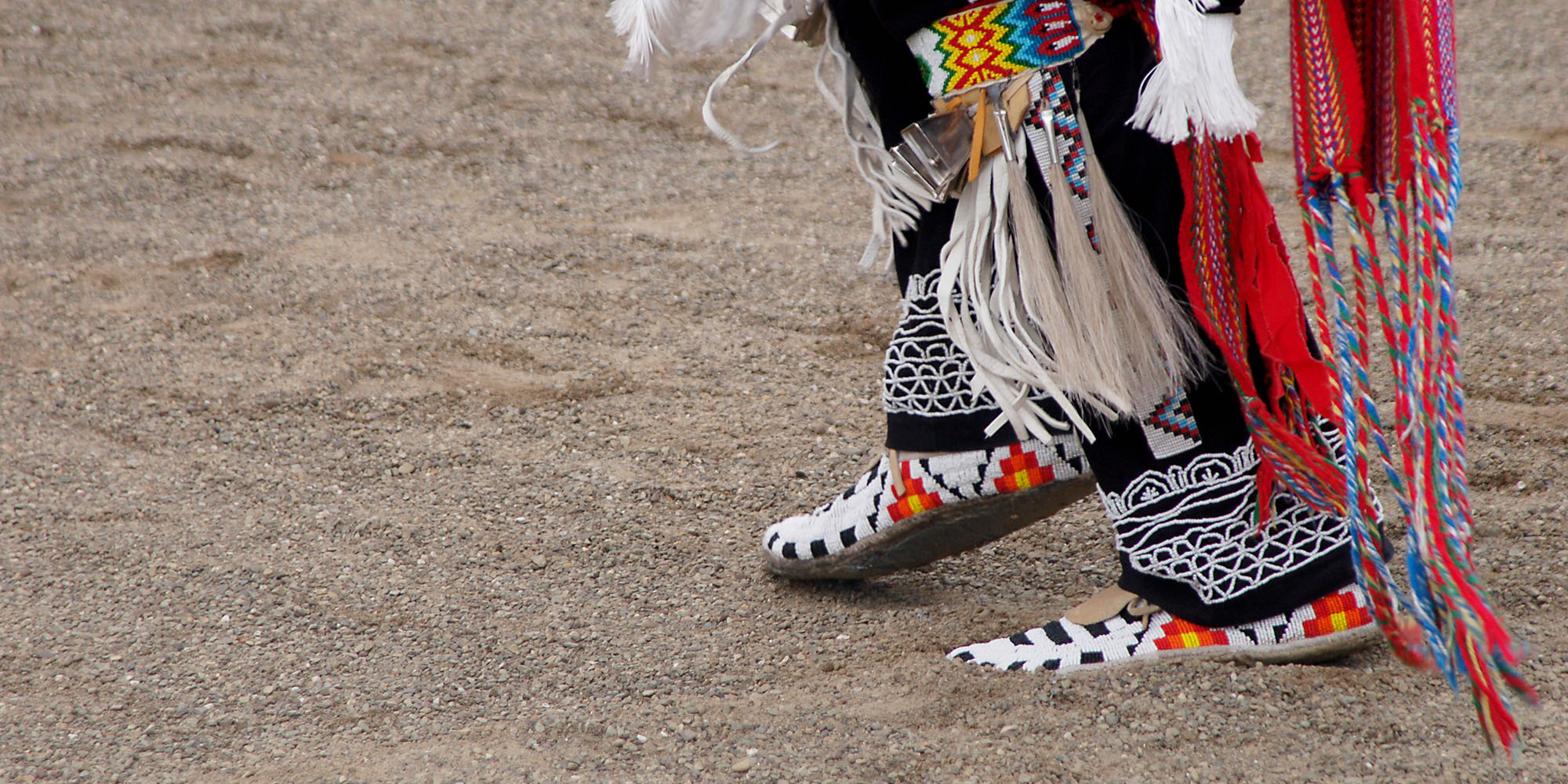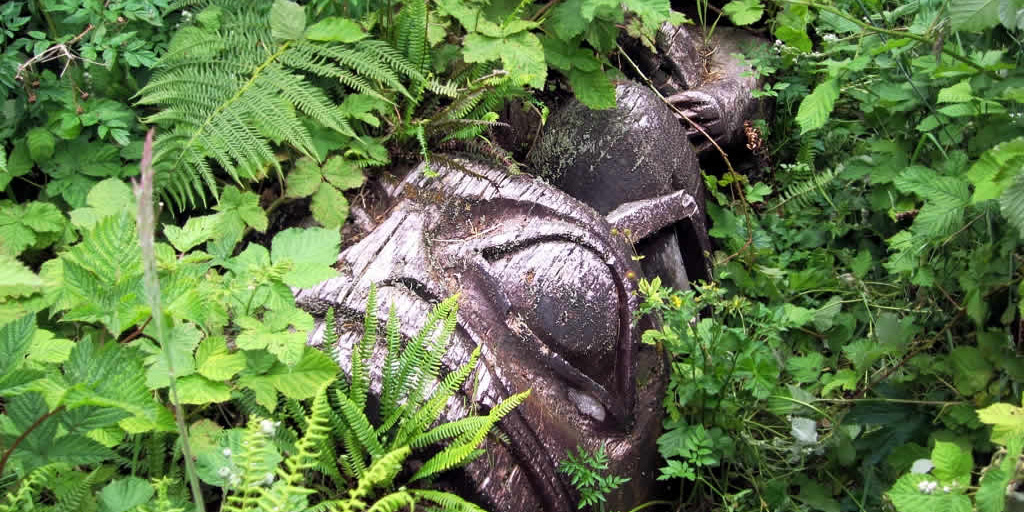Why Aboriginal Stakeholder Engagement Is Bad on Your Business Card
In this article, we talk about why Aboriginal Stakeholder Engagement is a bad term to have on your business card and what you can do about it. This...

In this article, we talk about why Indigenous Engagement isn't Stakeholder Engagement. The term stakeholder is a commonly used business and government term that should be avoided at all costs when working with Indigenous Peoples. It is frequently used in corporate and government stakeholder engagement activities and while the sentiment to develop meaningful relationships that encourage communication is correct, the use of the term “stakeholder” when meeting with Indigenous leaders and community members will likely derail your best intentions.
The reason? If the “Rod and Gun Club” (a stakeholder) doesn’t like what you are proposing to do they can lobby their MP or MLA to try to effect changes. They can also engage in negative media campaigns and in rare cases resort to civil disobedience.
If an Indigenous community doesn't like what you are proposing to do they can also lobby their MP or MLA to try to effect changes as well as engage in negative media campaigns and in rare cases resort to civil disobedience.
This is where the similarities between Indigenous Engagement and Stakeholder Engagement end.
Indigenous Peoples have the ability to launch legal action to protect their constitutionally protected rights putting projects in immediate jeopardy and forcing proponents and governments to conduct additional engagement. This is why Indigenous Engagement isn't Stakeholder Engagement and why Indigenous Peoples get offended when referred to as Stakeholders.
Working Effectively with Indigenous Peoples® tip:
Avoid the use of "stakeholder" in your conversations with Indigenous Peoples. For example, don't start your meeting by saying, "Hi, we are here to talk to you because you are one of the stakeholders on our list."
Also, avoid handing out your business card if it has Manager, Stakeholder Relations on it. Change your business card and omit the title or hand out yellow sticky notes with your name and number on them instead.
Here's another suggestion regarding business cards and what you should have on them.
By Bob Joseph
Featured photo: Shutterstock

In this article, we talk about why Aboriginal Stakeholder Engagement is a bad term to have on your business card and what you can do about it. This...

Indigenous engagement for your proposed project is so much more than 'getting to yes.' Your organization needs to understand that the goals of...

Things have definitely changed when it comes to First Nation Community Engagement. The Tsilhqot’in decision has moved the bar much higher in terms of...